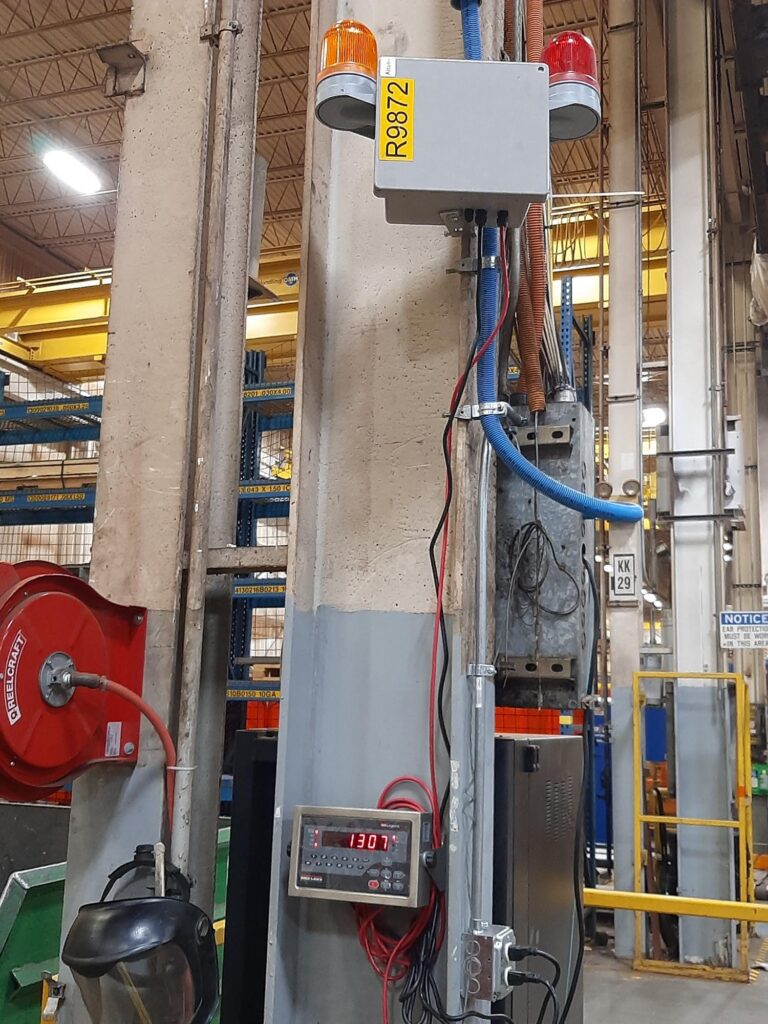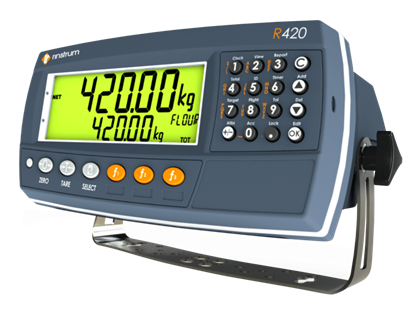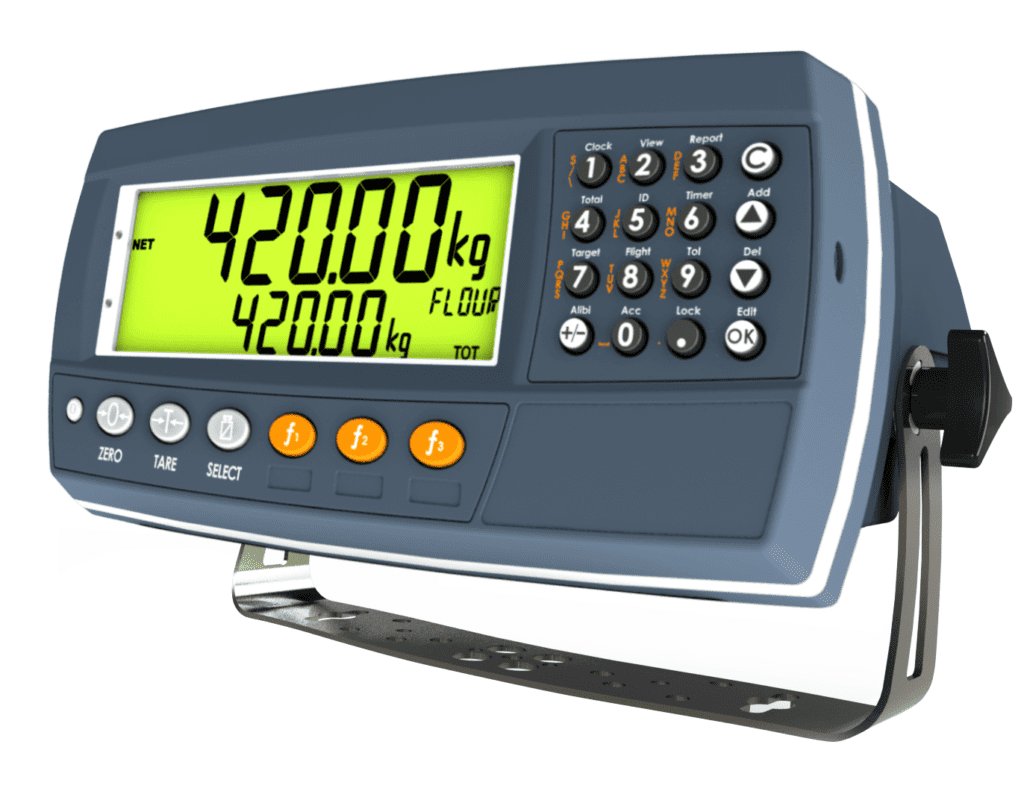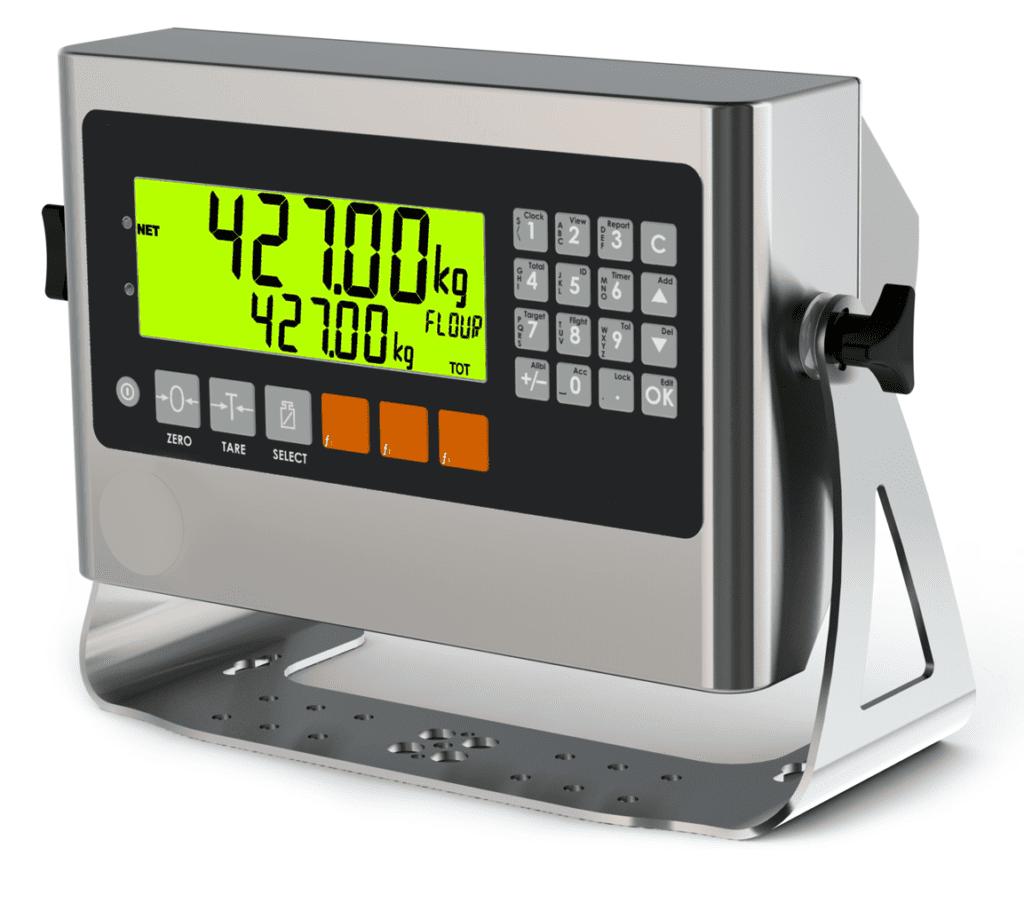Weighing and filling scales are essential tools used in various industries to accurately measure and dispense products by weight. These scales are commonly used in industries such as manufacturing, food and beverage, pharmaceuticals, chemicals, agriculture, and more. Here’s an overview of weighing and filling scales:
Weighing Scales: Weighing scales are devices used to measure the weight or mass of an object or substance. They come in various types, including:

- Analog Scales: Traditional scales that use a mechanical spring system to measure weight. They’re simple to use but may not be as accurate as digital scales.
- Digital Scales: These scales provide precise and accurate weight measurements by converting the load on the weighing platform into an electrical signal. They often have digital displays and can offer various units of measurement.
- Load Cells: These are components used in more advanced weighing systems. Load cells are sensors that measure the force exerted by a load and convert it into an electrical signal, which is then translated into weight.
- Precision Balances: These scales are designed for highly accurate measurements in laboratory and scientific applications. They offer finer increments of measurement.
Filling Scales:
Filling scales are specialized weighing systems designed to accurately dispense a specific quantity of a product by weight. They are commonly used in industries where precise filling of containers, packages, or products is necessary. Some types of filling scales include:
- Gravity-Fed Filling Scales: These scales use gravity to fill containers with products. The product flows from a hopper or storage container into the target container based on weight.
- Auger Filling Scales: Auger filling scales use a rotating auger (screw) to transport and dispense products into containers. The rotation speed of the auger is controlled to achieve accurate weight measurements.
- Net Weight Fillers: Net weight fillers are used to fill containers to a specific weight. They automatically adjust the fill amount to ensure that each container meets the desired weight.
- Piston Filling Scales: These scales use piston-driven mechanisms to accurately dispense liquids or semi-liquids into containers based on weight.Industrial Scale has a Industrial Semi-Auto Filling & Batching System available for purchase. Land your equipment wires on our relays and with our easy filling instructions, you now have a semi or fully automated filling system. To purchase click here or to contact us to learn more!


Click here to see a demonstration video of how to operate our simple filling scale. This indicator is highly customizable we can make it work for virtually ANY application!
Both weighing and filling scales play a crucial role in maintaining product consistency, adhering to regulations, and minimizing waste. When selecting weighing and filling equipment, it’s important to consider factors such as the type of product being measured, required accuracy, production speed, and regulatory requirements specific to your industry. Contact Industrial Scale, we have the knowledge and expertise to provide you the best possible weighing solution for your application.



